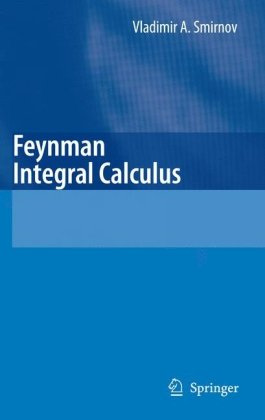

Most ebook files are in PDF format, so you can easily read them using various software such as Foxit Reader or directly on the Google Chrome browser.
Some ebook files are released by publishers in other formats such as .awz, .mobi, .epub, .fb2, etc. You may need to install specific software to read these formats on mobile/PC, such as Calibre.
Please read the tutorial at this link: https://ebookbell.com/faq
We offer FREE conversion to the popular formats you request; however, this may take some time. Therefore, right after payment, please email us, and we will try to provide the service as quickly as possible.
For some exceptional file formats or broken links (if any), please refrain from opening any disputes. Instead, email us first, and we will try to assist within a maximum of 6 hours.
EbookBell Team

4.3
68 reviewsThe problem of evaluating Feynman integrals over loop momenta has existed from the early days of perturbative quantum field theory. The goal of the book is to summarize those methods for evaluating Feynman integrals that have been developed over a span of more than fifty years. `Feynman Integral Calculus' characterizes the most powerful methods, in particular those used for recent, quite sophisticated calculations, and then illustrates them with numerous examples, starting from very simple ones and progressing to nontrivial examples This book characterizes methods of evaluation of Feynman integrals in a systematic way. It concentrates on the methods that have been employed recently for most sophisticated calculations. Feynman Integral Calculus explains how the problem of evaluation has become ever more important since what could be easily evaluated has already been evaluated years ago. It demonstrates and explains how to perform the newest important calculations, while showing how to choose adequate methods and combine evaluation methods in a non-trivial way. The most powerful methods of calculation of Feynman integrals are characterized and then illustrated through numerous examples, starting from very simple ones and culminating in rather nontrivial examples.
This is a textbook version of the previous book (Evaluating Feynman integrals, STMP 211) of the author. Problems and solutions have been included, Appendix G has been added, more details have been presented, recent publications on evaluating Feynman integrals have been taken into account and the bibliography has been updated.